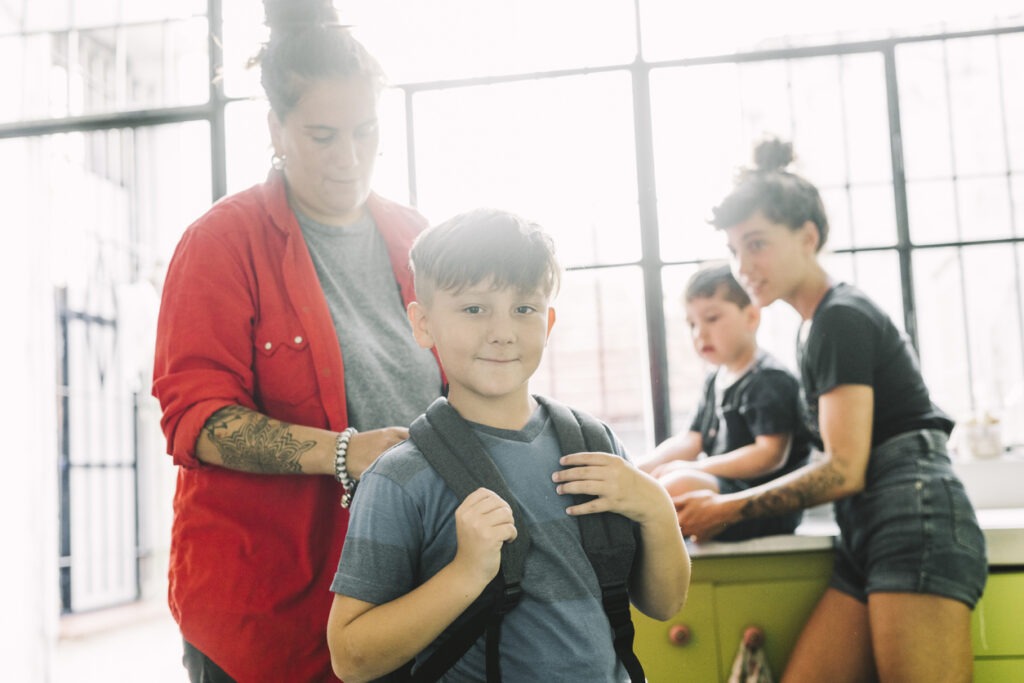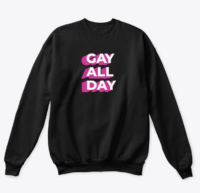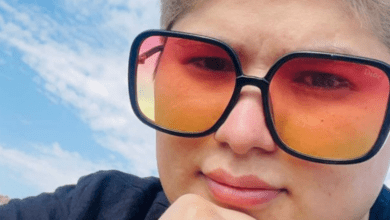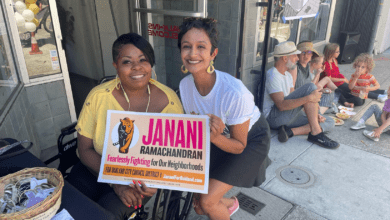
Proposed legislation in Florida, dubbed the “Don’t Say Gay” bill, would restrict the way kids are educated on sexual orientation. With the recently proposed book ban in Texas schools, and Australia’s Republican equivalent, Liberal, recently passing a bill that gives religious schools (and people) the right to discriminate against others due to their religious beliefs, it’s impossible to claim we live under secular governments or education systems.
What we teach kids is important. Society aims to teach to a certain standard, and some of those topics will be unpalatable to certain parents, or considered very important to other parents. In the interest of teaching to certain standards, should lessons in schools be hidden from parents? Or do they reserve the right to veto certain lessons?
If, instead of banning topics like sexual orientation, we send home a letter to the parents to give permission for their kids to learn it, then that brings up a ton of potential problems. Firstly, which topics get a permission slip? Doesn’t it contribute to the marginalized groups’ systematic oppression when, for example, for a kid to learn about racism, they need to take a permission slip home to their parents, parents who may have biased reasons for not wanting their children taught about race?
What about evolution? Do we send a permission slip home to Evangelical parents, for their kids to learn about evolution? Religious schools already obscure science. In my Catholic high school, we weren’t allowed to learn evolution. However, our science teachers put their neck on the line and taught us anyway, off the books. That was important. But how much should a teacher hide from the parents?
There’s a difference between teaching a child what something is, as a neutral topic, and challenging that child to question their identity. For example, Gov. Ron DeSantis, who supports the “Don’t Say Gay” bill, that would prohibit the discussion of gender identity as well, said it is inappropriate for teachers to be having conversations with students about their gender identity, such as, “don’t worry, don’t pick your gender yet.” On this point, he’s not wrong.
Kids are impressionable. I don’t think we should be challenging them to question their sexual orientation yet, either. But I don’t think we should be teaching heterosexuality as the default, so we do need diversity education in schools. Giving your kids a book featuring lesbian parents in the narrative isn’t telling them they’re gay. It’s letting them know we exist and it’s normal. Why can’t a teacher read that book aloud in class?
Gender is more complicated, however: a little girl who likes trucks and overalls isn’t a boy for liking those stereotypically “boy” interests or clothing… because there’s no such thing as “boy” stuff. How else can a kid understand identifying as a the opposite sex, if not by learning the archaic, misogynistic, socially-constructed differences of femininity and masculinity? If we’re teaching her that she might not be a girl, even indirectly, then she’s obviously going to see herself as trans more than, say, a barbie-loving cheerleader. That’s not right because liking Barbie and cheerleading are socialized phenomena, not traits inherent to “being a girl.”
The globe hasn’t got its definitions and boundaries around gender identity and transsexualism down pat yet, so perhaps it shouldn’t be taught to kids until we do. Kids should be taught things after adults know what they are, and in a clear and concise matter. The problem is that gender identity is notoriously convoluted; there’s nothing clear to teach kids when the movement/concept resists definitions, labels, and being questioned. There are no universally accepted definitions of gender identity, and certainly none that could exist simultaneously with equal protection under the law for females.
We need enforced protections around the female sex as a class, considering the sex-based oppression we face, before we start educating kids on what gender itself is, how it’s socialized, and how it affects women specifically.
Acknowledging that sex-based oppression exists is being laughed off as something transphobic to say, despite PIV rape, child marriages, FGM, femicide — just to name a few — targeting females, specifically. It’s another form of misogyny. We need to address gender identity legislation and education in a feminist way, including acknowledging the ways trans-identified males and women are different, or else women will be further oppressed. That matters.





